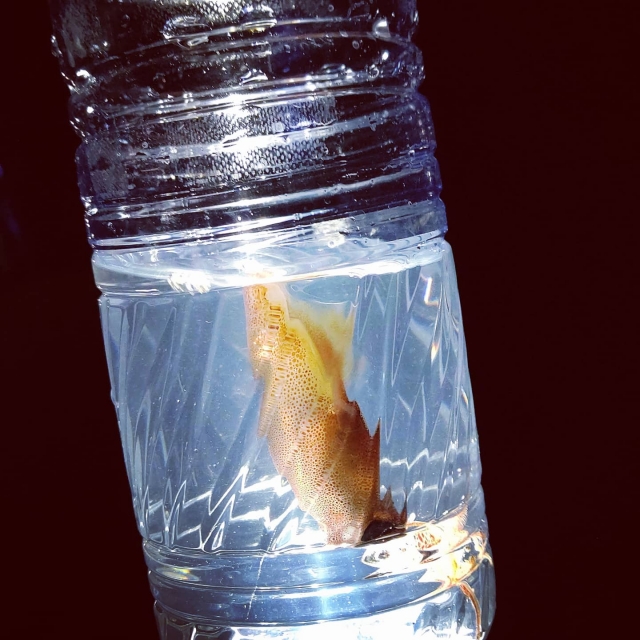Opening
Roza
▶︎ Hey, everyone. This is Akino Roza.
David
▶︎ And I’m David Evans. There’s lots to do today. So let’s get started!
Dialogue
① I eat a variety of foods, Sally.【 a variety of の意味と foods の複数形 】
👉ここで出てきた a variety of 〜 「様々な」「様々な種類の」ということ。
ここで、食べ物 foods に -s がついていることをしっかり注目しましょう。
food は通常不可算名詞として使われますけれども、ここでは「種類」が意識されているため
-s がついています。
② Mind if I join you?【 決まり文句 】
👉もちろん文法的には、Do you mind 〜?あるいは Would you mind if I join you? という
形をとっていますが、「〜してもよろしいですか」という決まり文句です。
mind の代わりに care を使っても OK ですよ。
③ Not at all.【 Mind if I join you? に対する応え方 】
👉 mind は「気にする」という意味をもっているので、「いや、もちろんいいですよ」という
時には、否定が基本です。Not at all. となっています。
Practice
David
▶︎ OK, everyone. It’s practice time. And today we’ll focus on 時表現.
Now when we’re speaking Japanese, maybe you can wait a little longer
to choose your 時表現. But in English, it’s something we choose much earlier
in the sentence structure. So when you construct your sentences, think about
the order – What do you need to decide first?
All right. Let’s practice.
Roza
▶︎ Repeat after us.
・Oh, no! I‘ve deleted the file!
・Oh, no! I’ve deleted the file
David
▶︎ OK. Let’s keep going.
・I‘ve never eaten hippari udon.
・I‘ve never eaten hippari udon.
Roza
▶︎ All right. Next example.
・How have you been?
・How have you been?
David
▶︎ All right. And one more.
・My phone battery has died, so I can’t use it at all.
・My phone battery has died, so I can’t use it at all.
David
▶︎ Unlock your potential.
Roza
▶︎ Repetition is the key.
Roza & David
▶︎ Great work.
Ending
Roza
▶︎ Wow, you guys have been listening to this year’s program
for about nine months.
David
▶︎ We’re so proud of how well you’re doing.
Keep it up! All right?
Words and Phrases
① firefly squid
👉ホタルイカ
これで、Lesson 179 は終了。









コメント